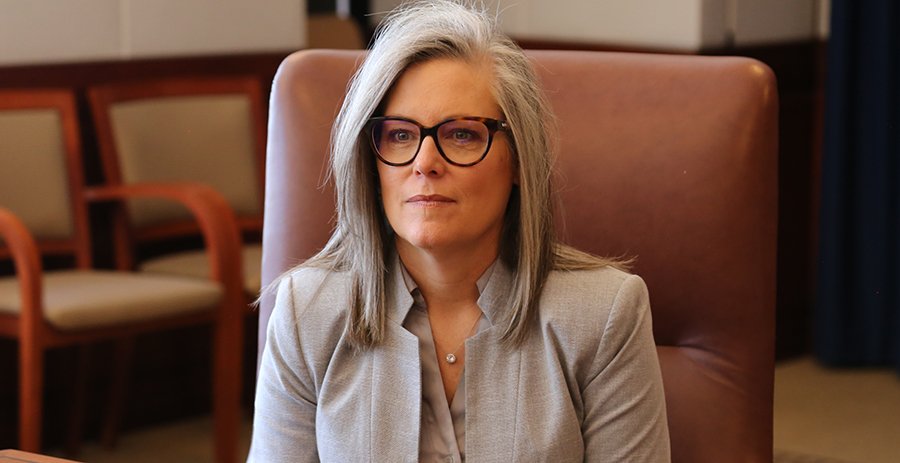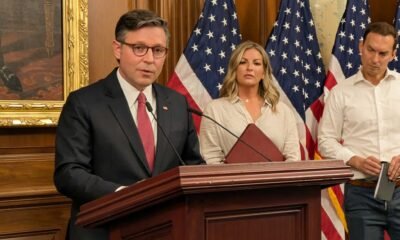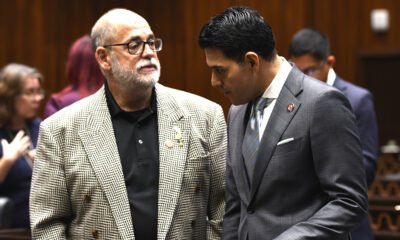director nominations
Gov. Hobbs and Senate Reach Final Pact on Director Nominations

Governor Katie Hobbs has announced a move to resume submitting nominations for agency heads to the Senate following a year of inaction. This decision comes after a ruling by Maricopa County Superior Court Judge Scott Blaney, who determined that Hobbs violated state law by failing to submit her nominees during the legislative session’s first week.
Judge Blaney criticized Hobbs’ previous approach of appointing “executive deputy directors” instead of seeking Senate confirmation, labeling this tactic illegal.
While the Senate will receive these nominations, Chairman of the Director Nominations Committee, Sen. Jake Hoffman, has warned that the same rigorous questioning from last year’s hearings is expected to continue. Previously, nominees faced inquiries on controversial issues, raising concerns among Hobbs’ team regarding the nature of the questioning.
Senate President Warren Petersen indicated that there would be early hearings in the next session, aiming for a more organized and efficient process. However, he assured that this does not imply blind acceptance of Hobbs’ nominations.
“Good nominations will move forward while bad nominees will be rejected,” Petersen stated, emphasizing the panel’s commitment to vetting each candidate appropriately.
Hoffman noted that there’s no promise the scope of the hearings will narrow. During previous sessions, nominees faced politically charged questions that many argued were irrelevant to their roles. This led to some nominations being withdrawn altogether when candidates were not favored by the committee.
Past controversies include the nomination of Martin Quezada, who faced questions on a wide range of societal topics, culminating in a committee vote against his confirmation. Hobbs later withdrew his name and subsequently removed other nominations, appointing them as executive deputy directors.
Hobbs intends to resubmit these names in January, contending that they are well-suited for their positions. However, Hoffman cautioned that all future nominees will undergo thorough scrutiny, irrespective of any past connections.
Hoffman stands firm on the importance of evaluating nominees based on their alignment with the law and agency responsibilities, particularly regarding the ideologies they may represent.
As Hobbs prepares for this new phase, both sides remain poised for potentially contentious hearings, primed to reflect the ongoing political dynamics within the state.


















